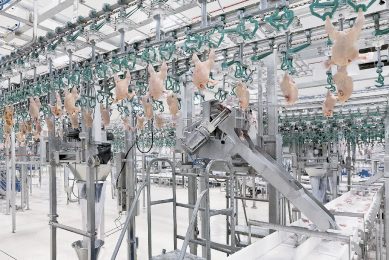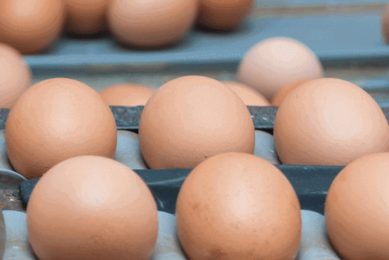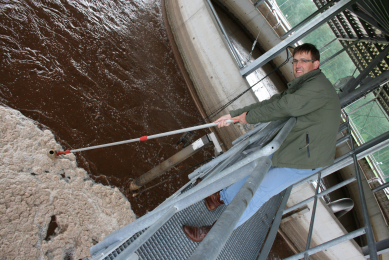David Burch reacts to: “Pigs are habitual animals and do not mind gestation crates”
Generally, pigs are habitual animals and probably the majority of sows kept in gestational stalls are relatively content to be there. However, a significant proportion found it restrictive and to vent their frustration adopted certain vices, like stall biting etc.
Generally, pigs are habitual animals and probably the majority of sows kept in gestational stalls are relatively content to be there. However, a significant proportion found it restrictive and to vent their frustration adopted certain vices, like stall biting etc.
We must remember how stalls came about. I remember Prof Richard Penny of London University relating the tale. When dry sows were kept in yards and floor fed, there was always a problem of feeding. There would be some fat sows, some medium sized and some thin sows, which were bullied off the feed and did not get enough. Somebody came up with the bright idea of individual feeders and this protected the smaller, thinner sow and enabled her to get the right amount of food. Often, even after feeding, sows would stay and lie in the stalls, presumably, for protection. As a result, it was concluded; let’s leave them in the stalls and the development of the gestation crate system arrived. There are distinct advantages, of reduced housing area, waste management with slatted floor/slurry systems, better observation of the animals and reduced labour input. The drawbacks were on the perceived welfare issues, stemming from the so-called ‘five freedoms’, of discomfort, increased leg injuries and restricted movement and behaviour, which was demonstrated by the abnormal vices.
In the UK, when we changed back to yards, or in some cases, outdoor reared sows, we had to relearn the management skills of before, such as individual feeding control, whether through individual feeders or automated electronic feeders, to protect the sow from bullying and vulva and anus biting, but this took some time. In addition, we have the additional problems of manure/straw management, sow handling and poorer observation.
Overall, I don’t think we want to go back to the gestation stall system, but for those countries that will have to change by 2013, forward planning and research to see what is the best way forward is required to make it a relatively smooth transition, without inducing increased welfare problems.
 Beheer
Beheer








 WP Admin
WP Admin  Bewerk bericht
Bewerk bericht